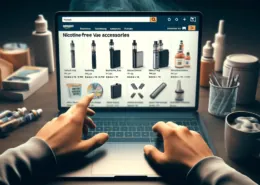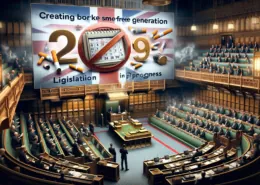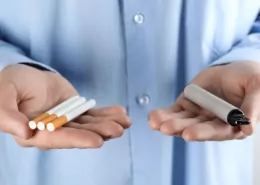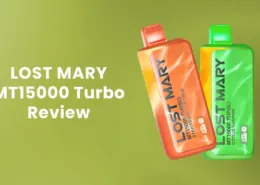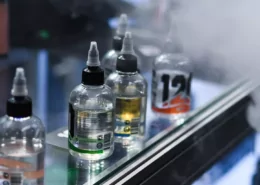Weekly Overview of Vape and Tobacco Policies Worldwide (2024/09/09-09/14)
Irish Cabinet Approves Legislation to Ban Disposable Vapes, Supported by Senate Members

According to a report by Irish Independent on September 14, Ireland’s Health Minister Stephen Donnelly has received cabinet approval to draft legislation that will ban the sale, manufacture, or import of disposable e-cigarettes in Ireland. Senator Pat Casey has voiced his support for the minister’s proposal.
“Disposable vapes are a blight on our environment. They are hazardous if not recycled properly and they can be seen littered across the country, in all of our communities, in even the most remote locations.” said Casey.
He emphasized the importance of this legislation for the environment and public health, particularly for young people, who often make impulsive purchases of these e-cigarettes in stores.
Casey further stressed that the legislation would address the issues of e-cigarette advertising, packaging, and flavors, which are often targeted at young consumers.
“The bright colours and imagery used to promote flavoured vapes are used to attract young people into impulse purchases. By introducing plain packaging for vapes we will reduce their appeal to youth and non-users, and by banning point of sale advertising displays we will reduce ‘gateway’ vaping among young people.” Casey added.
He commended Donnelly’s efforts in tackling the issue of youth vaping, recognizing nicotine as a highly addictive substance.
“My party colleagues and I in Fianna Fáil recognise that nicotine is a highly addictive drug, and we are acting to make these products less accessible to our young people and to remove them from their everyday lives.”
New Zealand Tightens Vape Regulations: From “Generation Ban” to Full Ban on Disposable Vapes
On September 12, the New Zealand government announced its latest measure to curb youth e-cigarette use: a comprehensive ban on disposable vapes and a significant increase in fines for selling e-cigarettes to minors. This is part of New Zealand’s ongoing efforts to achieve its “Smokefree 2025” goal.
The development of New Zealand’s vape regulations has been a lengthy process, according to the Ministry of Health’s public records.
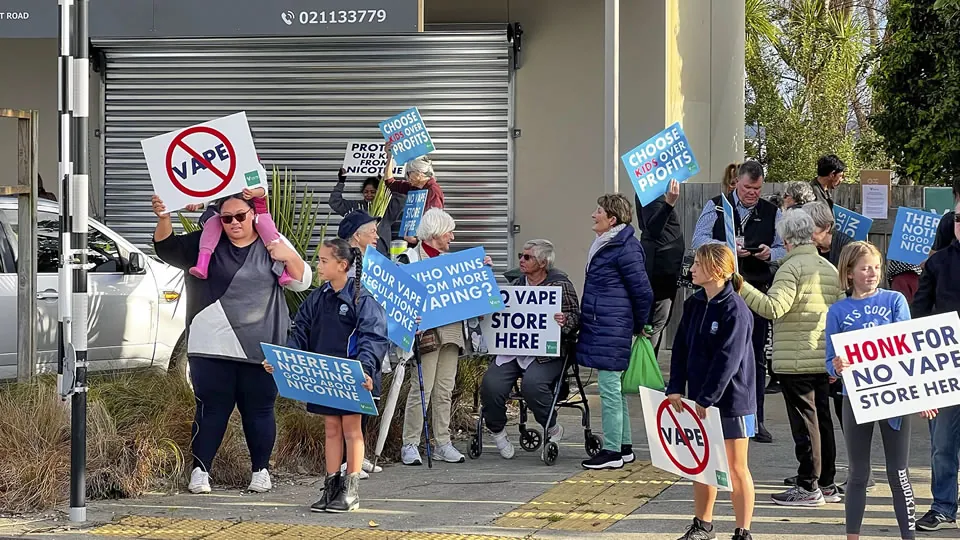
Source from NZ government:
Vaping and smokefree history and timelines
Initial Steps: Limiting Vape Flavors and Nicotine Concentration
• Between 2017 and 2018, the government set up a vaping technology advisory group, with the cabinet agreeing on several proposals. In 2019, the “Vaping Facts” website was launched to provide public education.
• In 2020, the Smokefree Environments and Regulated Products (Vaping) Amendment Act came into effect. The following year, regulations were introduced to limit flavors to tobacco, mint, and menthol in general retail stores, with specialist vape retailers still allowed to sell other flavors.
Nicotine concentration in e-cigarettes was also capped at 20 mg/ml for freebase nicotine and 50 mg/ml for nicotine salts.
• In 2022, the Vaping Regulatory Authority was established to oversee the regulation of vape products and manage licensing for specialist retailers.
Read the history of vaping regulation below or download the information:
New Zealand’s history of vaping regulation (PDF, 235 KB)
Regulatory Expansion: Store Location Restrictions and the “Generation Ban”
New Zealand made global headlines in December 2022 with the introduction of some of the strictest anti-smoking laws under then-Prime Minister Jacinda Ardern. The laws included a “generation ban” prohibiting the sale of tobacco to anyone born on or after January 1, 2009. Violators faced fines of up to NZD 150,000 (USD 95,910), with the ban set to last a lifetime.
The legislation also sought to reduce nicotine content in smoked tobacco products and reduce the number of tobacco retailers by 90%.
Latest Developments: Full Ban on Disposable Vapes and Increased Fines
In June 2023, the New Zealand government announced new regulations including:
- Prohibition on new specialist vape stores opening near schools and community centers.
- E-cigarette packaging and product descriptions restricted to generic flavor terms.
- Lowering the maximum nicotine concentration in disposable vapes to curb addiction.
- Requirement for all e-cigarettes to have removable batteries and child safety mechanisms.
The full ban on disposable vapes, along with a sharp increase in penalties for selling to minors, was confirmed on September 12, 2024. The maximum fine for selling to under-18s was raised from NZD 10,000 (USD 6,100) to NZD 100,000 (USD 61,000), with individual violators facing fines of up to NZD 1,000 (USD 615).
Indonesian Vape Association: New Plain Packaging Rules May Harm Small Businesses
On September 13, Ekonomi reported that Indonesia’s newly introduced Government Regulation No. 28/2024 could have detrimental effects on small and micro-enterprises in the alternative tobacco product industry.
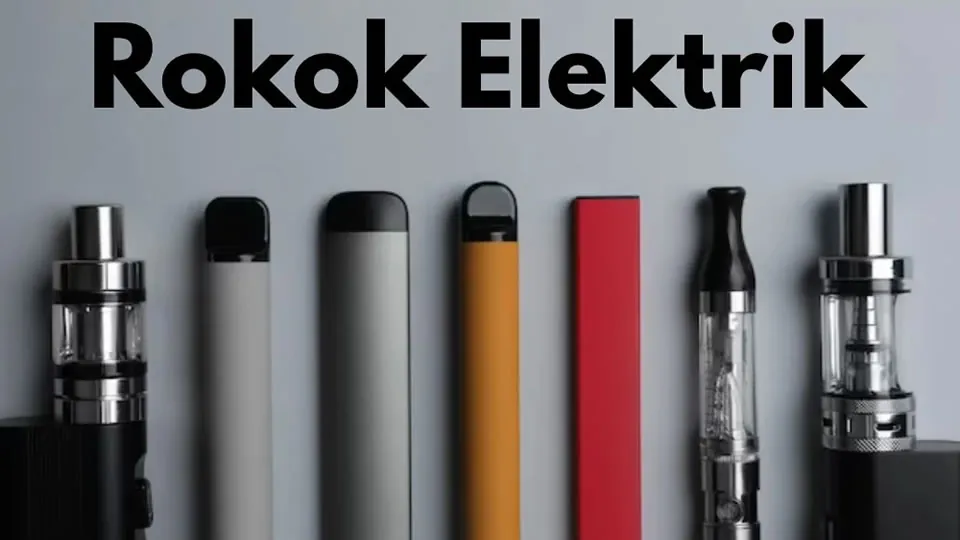
The regulation’s controversial Article 434(f) prohibits the sale of alternative tobacco products on social media, and the Health Ministry’s draft regulation (RPMK) also mandates plain packaging for tobacco and e-cigarette products.
Garindra Kartasasmita, Secretary-General of the Indonesian Personal Vaporizer Association (APVI), expressed concerns, stating that the industry is primarily made up of community-based small businesses. Banning social media sales would further shrink their avenues for educating consumers.
Kartasasmita emphasized the importance of social media as a tool for engaging with adult consumers and growing their businesses, highlighting that age verification can be conducted online.
APVI maintains that it is committed to ensuring e-cigarettes are used only by adults, with its members strictly adhering to age restriction laws. The association is one of 20 tobacco industry groups that signed a petition on September 11, 2024, rejecting the plain packaging rules.
Russian Region Proposes Task Force to Regulate Vape Use in Public Spaces
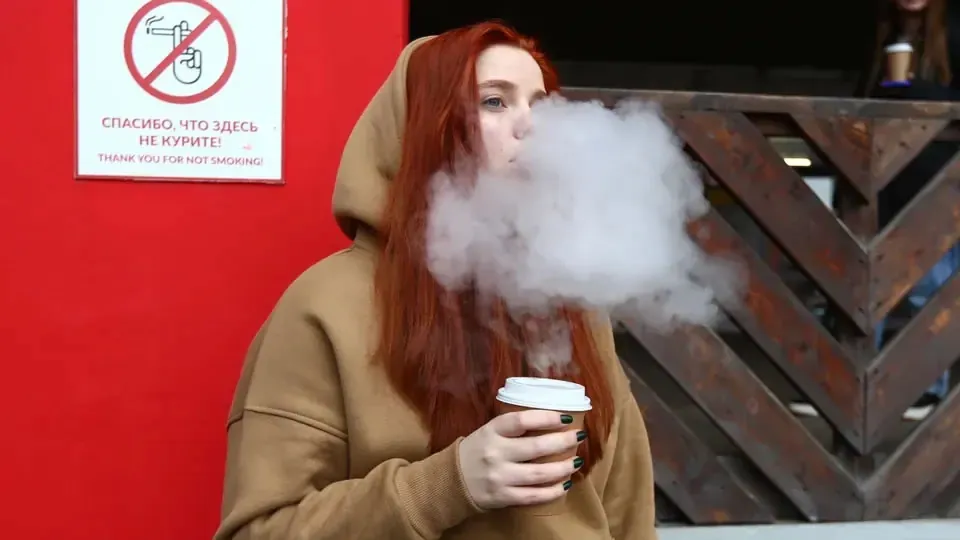
On September 13, members of the Youth Parliament under the Legislative Assembly of Kirov Oblast, Russia, proposed the formation of a special task force to develop proposals for regulating the use of e-cigarettes and hookah in public spaces.
According to Kirov, the initiative follows a similar proposal in Bashkortostan.
Chairman of the Kirov Legislative Assembly Roman Beresnev indicated that it is essential to define which products should be regulated, where smoking should be banned, and the penalties for violations. He also emphasized the need to consider the opinions of young people when making such decisions.
New Zealand’s Vape Ban: Over 7,500 Retailers Under Scrutiny, Anti-vape Groups Raise Enforcement Concerns
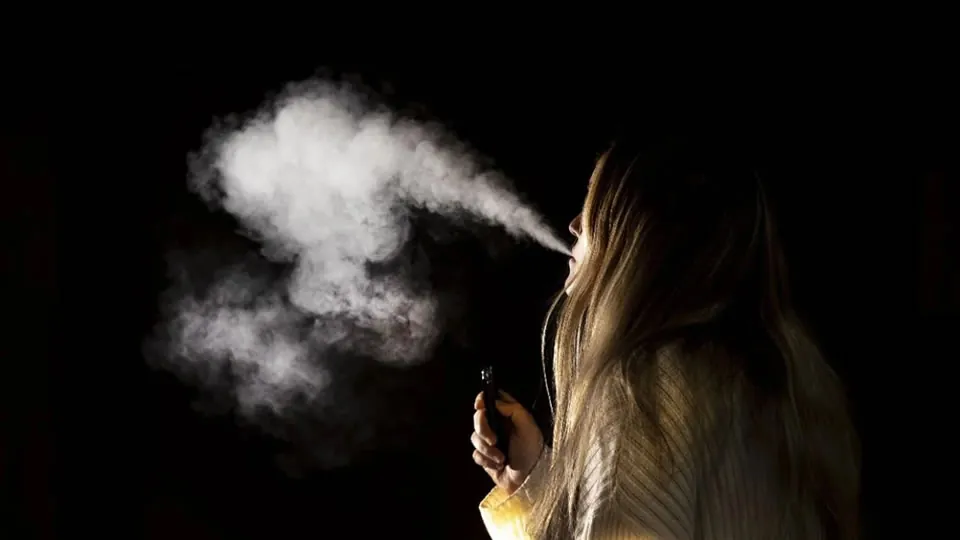
On September 13, New Zealand’s Deputy Health Minister Casey Costello announced the Smokefree Environments and Regulated Products Amendment Act (No. 2), banning disposable e-cigarettes and increasing fines for selling to minors. The act also ramps up the regulation of e-cigarette stores to prevent youth access.
However, Charyl Robinson, co-founder of the anti-vaping group Vape Free Kids, expressed concern that despite increased enforcement, officials still face significant challenges given the vast number of retail outlets.
According to official statistics, there are over 7,500 retailers, including dairies and gas stations, selling e-cigarettes in New Zealand.
Robinson noted that enforcement efforts are hampered by staff and budget cuts at the Ministry of Health. “Even if the Minister approved hundreds of new enforcement officers, their ability to prosecute offenders still relies on ground staff converting their work into prosecutions,” she said.
The first prosecution under the 1990 Smokefree Environments and Regulated Products Act occurred in August, when Christchurch dairy owner Xiaoming He was found guilty of violating e-cigarette regulations.
“While vaping has helped some people quit smoking, it has also introduced many non-smokers, particularly teenagers, to nicotine addiction. We now have thousands of addicted youth, many of whom obtained their devices from irresponsible retailers. This is a far bigger issue than the Minister is willing to admit,” Robinson concluded.
- Austria Plans to Ban Disposable E-Cigarettes - August 5, 2025
- Vaping vs. THC Drinks: Which Cannabis Option Is Right for You? - August 4, 2025
- Colombia’s New Vape Law: A Reality Check on Enforcement - August 4, 2025


